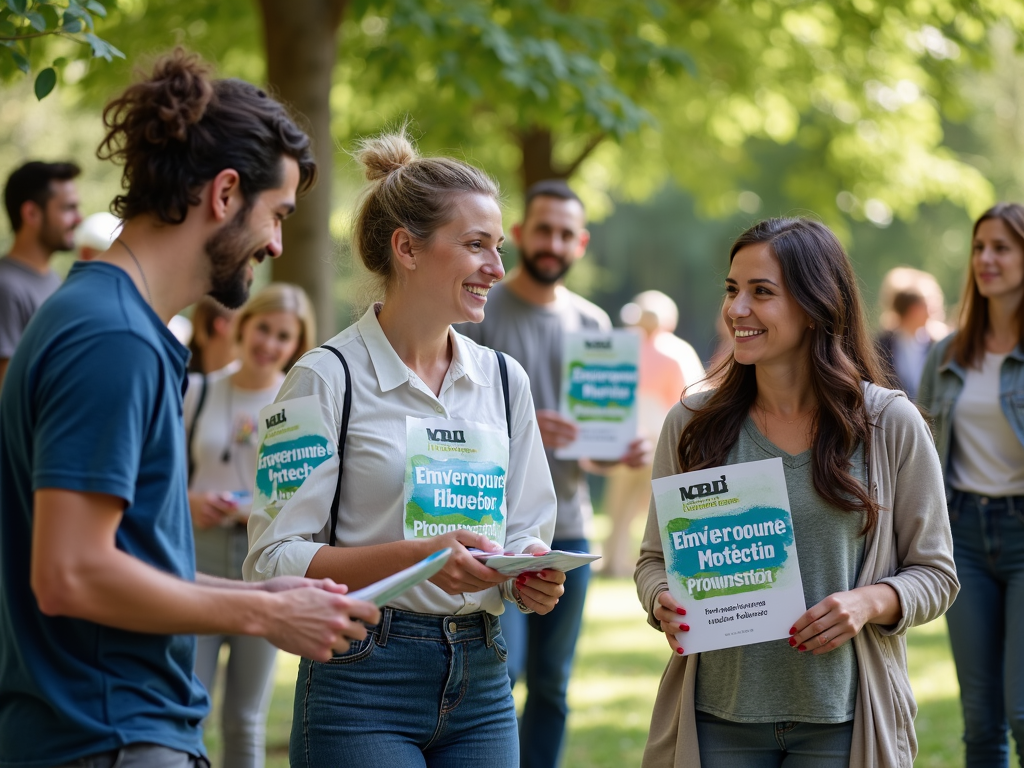Empowering Change: A Guide to Advocacy Programs for Volunteers
By , April 20, 2025
Overview
Advocacy programs for volunteers bring people together to champion causes they care about. These initiatives empower individuals to speak up, influence policy, and strengthen communities—all without expecting a paycheck.
Why Volunteer Advocacy Matters
Volunteers are the heartbeat of advocacy. They amplify messages, spark conversations, and push for progress on issues like climate change, equality, and healthcare. Organizations gain a louder voice, while volunteers build skills and purpose.

Benefits for Everyone
Advocacy programs for volunteers create a win-win. Volunteers gain confidence, leadership experience, and connections. Organizations tap into passionate voices to spread their mission further. Communities see real change from collective action.
Designing Effective Advocacy Programs
Want to build a strong program? Start with clear goals—what change do you want to see? Recruit people who care about the cause, train them well, and give them tools to succeed. Track results to keep improving.

Tips for Success
- Set Objectives: Define what success looks like.
- Engage Volunteers: Match tasks to their strengths.
- Provide Support: Offer training and regular check-ins.
- Celebrate Wins: Recognize efforts to keep morale high.
Real-World Examples
Take the American Cancer Society’s volunteer advocates. They lobby for better cancer policies and have influenced laws nationwide. Or consider Greenpeace, where volunteers rally for environmental action, proving advocacy can shift the status quo.

A Volunteer’s View
Many volunteers say advocacy gives them purpose. 'I felt like my voice mattered,' shared one participant after a campaign. Another noted how training boosted their confidence to speak at public events.
Technology’s Role
Today’s advocacy programs for volunteers use tech smartly. Social media spreads messages fast—think hashtags that trend overnight. Online petitions gather thousands of signatures. Tools like Google Analytics even track what’s working.

Doing It Right
Ethics matter in volunteer advocacy. Train volunteers to stay honest and respectful. Ensure their work aligns with your mission. One misstep—like pushing a false claim—can undo years of trust.
How to Get Started
Ready to jump in? For organizations, pinpoint your cause and rally a team. For individuals, find a program that fits your passion. No experience? No problem—most offer training to get you going.

Steps for Volunteers
- Pick a cause you love.
- Search for local or online advocacy programs.
- Ask about time commitments—some need just an hour a week.
- Attend a session to see if it’s a fit.
- Start small and grow your role.
Overcoming Barriers
Worried about time or skills? Many programs are flexible—some let you contribute from home. Others teach you everything you need. Even shy folks find their stride with practice and support.

Measuring Impact
How do you know it’s working? Count signatures collected, laws influenced, or people reached. A 2022 report from the National Volunteer Center found advocacy volunteers drove 30% more policy wins than paid staff alone.
Conclusion
Advocacy programs for volunteers turn passion into action. They empower people to shape their world while helping organizations thrive. Whether you start a program or join one, your voice can spark change. Get involved today!